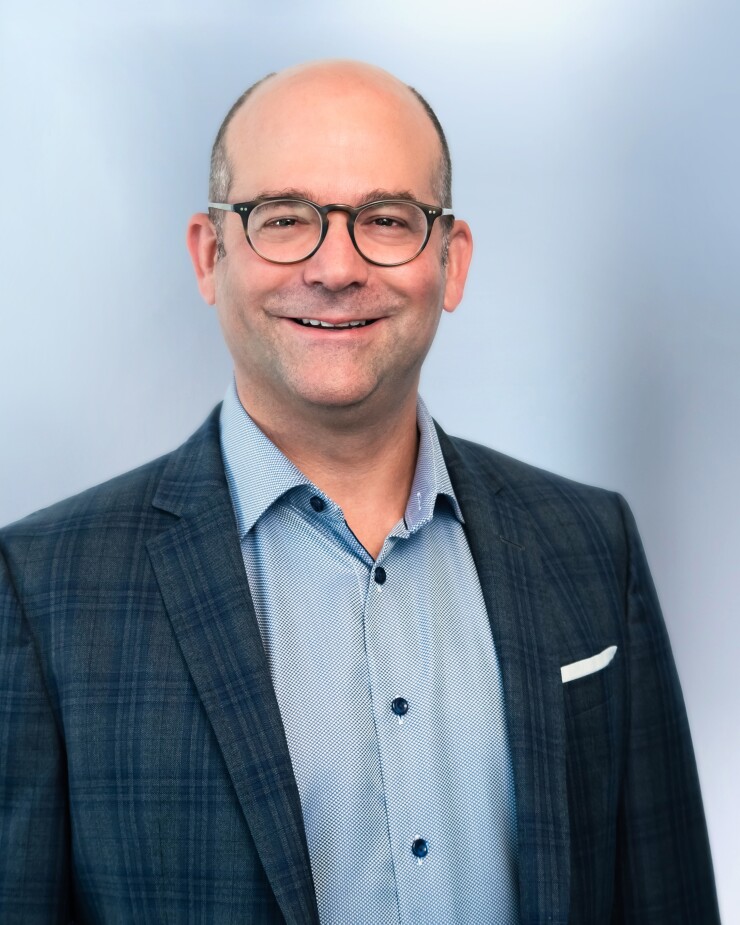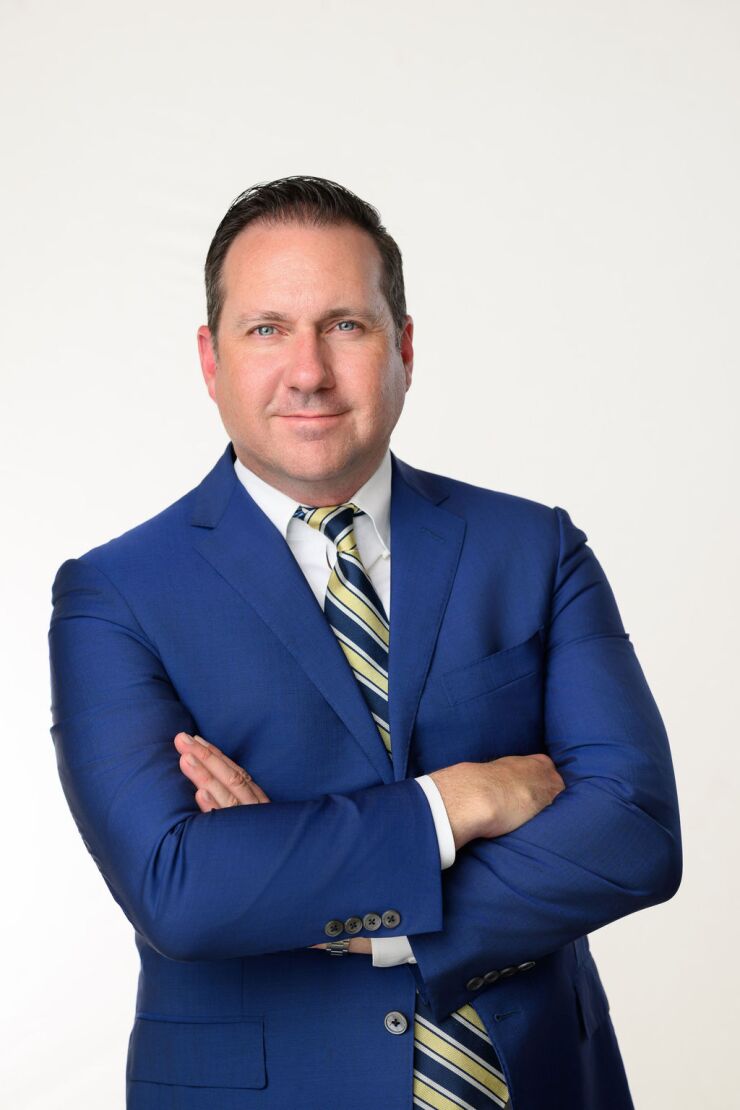A cliché in wealth management is "When you've seen one family office, you've seen one family office."
But what exactly is a "family office" in 2025? As more firms adopt the name, and as it appears more frequently as a marketing ploy used to entice coveted ultrahigh net worth clients, critics say the definition is becoming increasingly blurred. At the very least, super wealthy families seeking tailored-to-fit financial advice are at risk of being misled.
Historically, a family office was just what it sounds like: a closely held business entity founded by an ultrahigh net worth family to manage and preserve family assets,
The services on offer sometimes extended to what many would regard as extravagances — the concierge operation of
READ MORE:
Today, investment management remains a fundamental service, but the priority is not simply to maximize returns. The more important goal, many say, is to look to the future and shepherd family resources in a way that ensures the wealth can be passed
A hub-and-spokes approach
Ron LaVelle, a principal working with wealthy families at the accounting and consulting firm Baker Tilly, said he likes to think of many modern family offices as furnishers of a central group of services that can be added on to or pared back as desired. Beyond basic wealth management, LaVelle said, many family offices distinguish themselves by offering help with bill payments, financial reporting, meeting payrolls, budgeting and other tasks that might fall under the purview of a chief financial officer.
Yet a quick web search for
"It's people who want to take the money of these wealthy families and invest it for them, and that's essentially their sole focus," LaVelle said. "Somehow the investment advisory community has absconded with the family office moniker. There's nothing wrong with that, but it's just one sleeve in what constitutes a family office, in my opinion."
Others see the overuse of "family office" as a bigger cause for concern. Brian Weiner, the founder and CEO of the Family Office Resource Group, said he thinks the term has been "bastardized" through willy-nilly adoption.
Weiner started

Those services constitute the basics of
"If they are trying to attract these clients as new clients to their firm, well, you have to be able to walk the talk," Weiner said. "But I think, unfortunately, most ultrahigh net worth and high net worth families do not know some of what they even need and how to tell the difference of what these firms are offering."
What's in a definition?
In 2011, the Securities and Exchange Commission
That definition, however, applies only to single-family offices — which, as the name implies, are owned and operated by one (often extended) family. Multifamily offices offering wealth management, which can serve anywhere from small groups of families to hundreds, usually do have to be registered as advisors with the SEC.
Industry groups like the
"For example, an RIA or wealth management firm can arbitrarily rebrand some of its service offerings to be 'family office services' simply to attract more UHNW clients," the institute writes. "This does not guarantee those services are truly suitable or helpful for UHNW clients."
Big players move into 'family office' business
Recent years have seen many teams
JPMorgan's private bank, for instance, announced in 2023 that it was starting
With so many newcomers, and a common definition remaining elusive, estimates of how many family offices are in operation vary.
In many ways, the rush to join the industry is understandable. Deloitte found that family offices worldwide now manage $5.5 trillion, a figure that's expected to rise to
The fiduciary element and other defining characteristics
Karen Harding, private wealth team leader at the investment consulting firm NEPC, said one distinguishing trait of true family offices is that they have a fiduciary relationship to their clients. This means they exist solely to further the family's interests and separates them from, say, private bankers, who may have an incentive from their employers to sell investors certain banking products.
Another element that distinguishes a true family office is control. Families with their own offices get to build out their practices based on exactly the services they desire.
"But if you're with XYZ family wealth management, again, you're a client of that firm, you don't have control, you don't have the ability to customize," Harding said. "It's really not any different than any one of us going to the local RIA or wealth manager that's just down the street."
Another difference arises from origins, Harding said. Historically, single-family offices have been built from the ground up by rich families seeking not only wealth management but also help with the myriad complications that can come with the possession of lots of money.
By contrast, many of the multifamily offices and other wealth management firms now using the family office label started as pure-play wealth managers, Harding said. Only over time have they come to see opportunities in providing a greater array of services to rich families, sometimes by adding to their in-house offerings and sometimes by working with outside partners.
But are clients really being harmed?
For wealthy families, the real question is: Is this definition-stretching harmful? In most cases, Harding said, probably not.
Ultrarich families served by single-family offices aren't likely to be bothered by what other firms choose to call themselves. And clients who work with multifamily offices tend to be sophisticated enough to ensure they're receiving the services they actually need.
"They're not necessarily hung up on visiting XYZ private bank, XYZ family office, XYZ wealth management," Harding said. "They're really focused on: What are the needs that I have, and can you meet them? I think as long as they are able to kind of look at what that service offering is and make sure it matches their needs, no harm, no foul, in my mind."
Weiner of FORG agreed that true family offices should have a fiduciary relationship to the people they're serving. But he contested the notion that wealthy clients are always astute enough to look beyond the family office label to look into what services they're actually receiving.
Beyond basic business needs, many wealthy families have members who are struggling with addictions or other health concerns. Family offices nowadays are often called on to help with medical care while also finding ways to mend the strained ties that inevitably appear in a closely related group of people.
"I know of insurance agents who are calling themselves.family offices," Weiner said. "I don't know what to tell you about that. But what I do know is that they do need to be doing these things."
Help for families that are rich, but not single-family-office rich
Ben Domingue, the founder of Family Office Partners in Lafayette, Louisiana, said he understands the concerns about definition creep. At the same time, he thinks there is demand for firms to serve the needs of families who, although wealthy, don't want to go so far as setting up their own single-family office.

He's thinking of families worth anywhere from $50 million to $500 million, but particularly on the lower end of that scale. Affluent by any measure, these clients have needs that are nonetheless unlikely to be quite as complex as those of families whose net worth stretches into the billions.
Domingue, who is part of a team that broke off from UBS earlier this year to form Family Office Partners, said his multifamily office specializes in helping company founders and entrepreneurs with dealmaking. Business owners are particularly interested in working with firms that can help them complete transactions or obtain financing.
"They need somebody that can actually execute, not just give advice," he said.
Family offices aren't cheap
One big reason families seek to work with multifamily offices is to
"This masks a huge variety, though, with a few billionaires' family offices being akin to small financial institutions in size," according to the survey, whose respondents had an average net worth of $2.7 billion. Six percent of the family offices in the U.S., for instance, had more than 50 people on staff.
UBS found that paying personnel is by far the biggest cost associated with operating a family office, as differentiated from expenses related to asset management and other services. Staffing, according to UBS, accounted for 67% of the "pure cost" of having a family office, according to the firm's survey.
Deloitte estimated in its own report that family offices managing between $250 million and $500 million cost about $2.1 million a year to run. Meanwhile, offices with between $1 billion and $5 billion in AUM cost $6.8 million to operate, and those with more than $5 billion in AUM cost $20.8 million.
Serving multiple families can bring an expertise advantage
Multifamily office Fidelis Capital was founded by wealth managers who left large firms (Bank of America and Wells Fargo) to work with affluent families. Matthew Ellis, president of Fidelis, said clients entrust the firm with about $20 million on average and Fidelis has about $2 billion in total AUM.
Many of Fidelis' advisory teams have joined from large firms,

Co-founder, CEO and head of wealth planning Rick Simonetti said Fidelis advisors now work with about 11 clients on average.
"If you were to build your own family office, you would probably not be able to staff it like this," he said. "You don't get that talent brought to bear for you."
When you've seen one family office …
As firms seek to serve the ever-growing range of needs of wealthy families, more are turning to outside partners. LaVelle of Baker Tilly said that family offices have long outsourced services they couldn't provide on their own, but the trend accelerated during the pandemic as clients grew accustomed to remote services.
Nearly 40% of the family offices Deloitte polled in North America said they added services or began serving more family members in 2024. Many leaned on third-party providers to do so; only 17% said they were doing more work in-house.
As family offices mix and match in-house and external support, wealthy clients may benefit from custom-tailoring and personalized solutions to their needs. But the increasing variety of options, LaVelle said, only adds to the confusion over what a family office truly is.
"When I ran the single-family office, I had, I don't know, 70 different entities with about 100 different people all under a single roof," LaVelle said. "We had vineyard managers, we had bar operators, we had real estate developers, we had lawyers, we had accountants. And that was the way it was done 15, 20 years ago. It's just not that way anymore."






